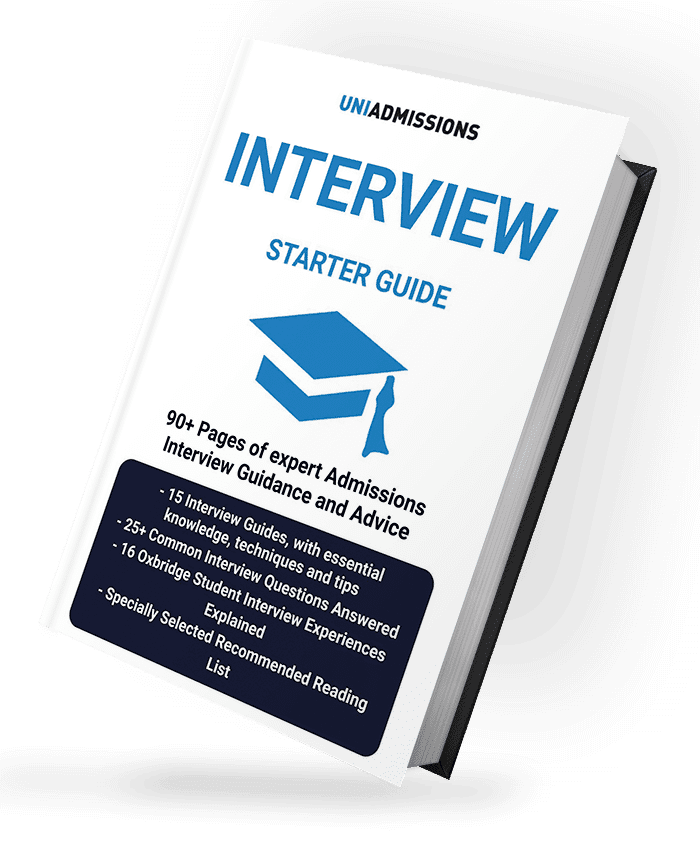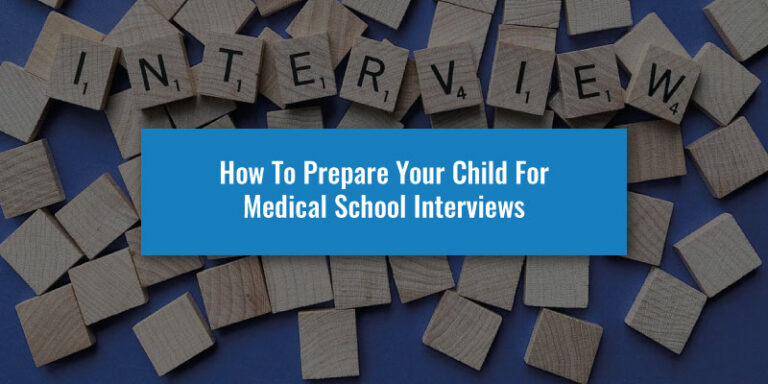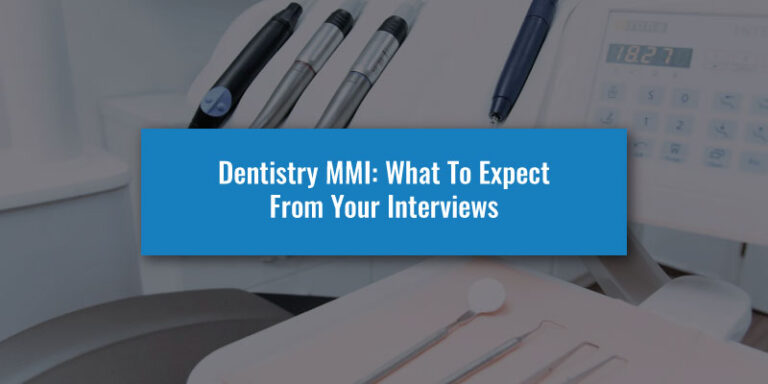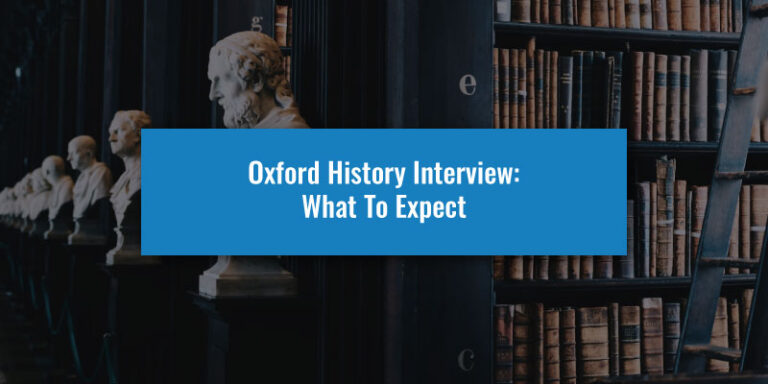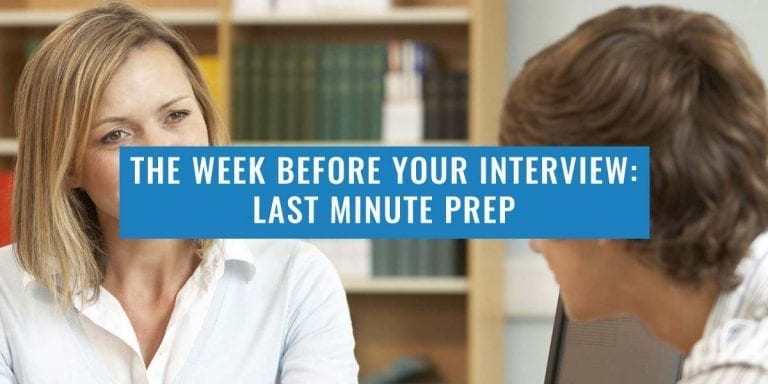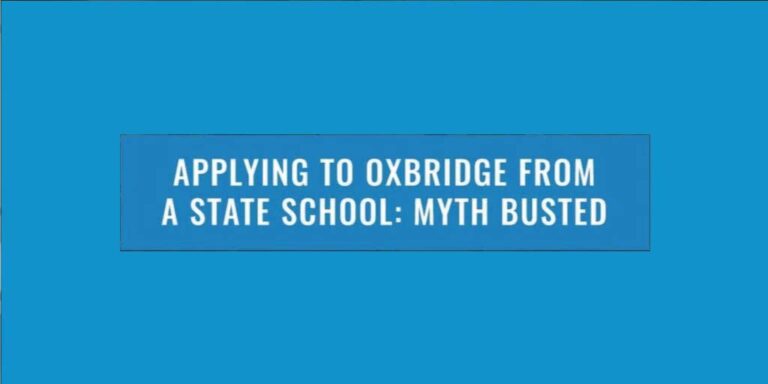Preparing for a medicine interview should be targeted towards the skills and attributes that medical interviewers are looking for.
It’s important to note that the different UK medical schools all undertake medicine interview in various formats, from ‘standard’ panels, to Multiple Mini Interviews (MMI) to more academic-style interviews. What is it that interviewers are looking out for, and how can you best demonstrate these facets?
Commitment to medicine
The medicine interview is about selecting applicants who demonstrate a real drive to undertake this course. Medicine is a long degree requiring immense hard work and dedication, so the interviewers want to see that you are enthusiastic about becoming a doctor. To demonstrate this, talking about examples of work experiences is the best way to relate your ideas of medicine to reality. This is not only limited to hospital and GP experiences but also voluntary experiences such as in care homes. Think about particular events or interactions that embody why you want to study this vocational degree, and be ready to talk about these as examples.
Learn how to make the most of GP work experience >>>
Commitment to medicine is not just about enthusiasm. The medicine interview is an opportunity to show that you have a realistic understanding about not only the rewarding aspects of a career as a doctor but also the negative sides and challenges. To talk about this, and then explain why you are still committed to medicine, demonstrates as pragmatic approach to studying medicine for the interviewers.
Reflection
Relating to work experience, the medicine interview will consist of questions that will be opportunities to discuss various reflections that you have had since your experiences. From your work experience, it is useful to jot down several examples of events that really stuck with you – for example, patients receiving certain diagnoses, communication between members of the multi-disciplinary teams, or the way doctors may have explained certain topics to patients.
Think about what made these interactions so successful, or what the challenges of that event were, as well as qualities that members of the teams had to demonstrate. Think about the key roles of other professionals within the medical teams such as nurses, physiotherapists, occupational therapists, dietitians and medical students and how they would work together with doctors.
In the medicine interview, the interviewers are not just looking for you to reel of lists of work experience, but for you to think and talk about how medical teams worked effectively.
Communication
Looking for communication skills in a medicine interview ranges from the manner in which you talk to the panel in a standard interview format, to your approach and use of language in a role-play station of an MMI interview. This is of course a key selection criteria, given that medicine is a career based on social interactions with patients. Remember to use full eye contact, and be aware of your body language such that you can be expressive but not appear too nervous.
In a role-play MMI station, let the patient actor time to say everything they would like and think carefully about words that you are using to deliver information – for example, if you were explaining something to a patient, try not to use complicated jargon.
For further tips on communication.
Summary of the medicine interview
Although the medicine interview differs in format across the UK medical schools, it is unanimously designed to assess that you have a realistic commitment to medicine, that you have thought about the positive aspects but also the challenges, and that you would thrive on a career dependent on patient interactions. The best preparation for these is reflection on your experiences and as much interview practice as possible.
Get the very best interview support with our Oxbridge Medicine Programme:
Download our FREE 90-Page Interview Starter Guide
Our 90-page E-Book is filled with expert Interview Advice, common interview questions and first-hand interview experiences from successful Oxbridge applicants.
To access all this for free, just enter your name and email address and you’ll be sent the guide directly to your inbox.
